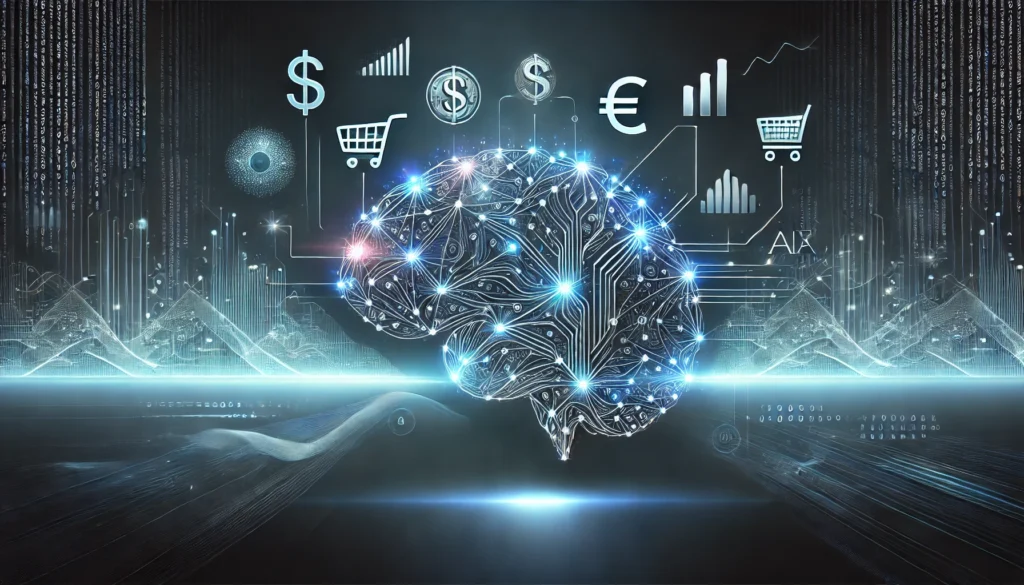The e-commerce industry has been on a steady rise for the past few years, and the COVID-19 pandemic has only accelerated this growth. As the industry evolves, so does the technology that powers it. One of the most transformative technologies in this space is Artificial Intelligence (AI). From personalized recommendations to fraud detection, AI is revolutionizing the way we shop online. In this blog post, we will delve into some of the most impactful AI use cases in e-commerce.
Personalized Recommendations
One of the most well-known applications of AI in e-commerce is personalized recommendations. Algorithms analyze user behavior, purchase history, and other factors to suggest products that are most likely to interest the customer. This not only enhances the user experience but also increases sales and customer retention.
Chatbots and Customer Service
AI-powered chatbots are becoming increasingly sophisticated, capable of handling a wide range of customer queries. These chatbots can assist with product selection, answer frequently asked questions, and even resolve complaints, freeing up human customer service agents to handle more complex issues.
Inventory Management
Managing inventory is a significant challenge for e-commerce businesses. AI algorithms can predict demand for products based on historical data and current market trends. This helps businesses to stock the right amount of each product, reducing storage costs and preventing stockouts or overstock situations.
Fraud Detection
E-commerce sites are often targeted by fraudsters. AI can help in identifying suspicious activities by analyzing transaction data in real-time. Machine learning models can flag potentially fraudulent transactions, which can then be reviewed by human operators.
Visual Search
Visual search allows users to upload an image and find similar products on the e-commerce platform. This is particularly useful in the fashion and home decor sectors. AI algorithms analyze the image and compare it with the product database to find matches, making the shopping experience more interactive and engaging.
Dynamic Pricing
AI algorithms can analyze market demand, competitor prices, and other external factors in real-time to automatically adjust pricing. This ensures that the prices are always competitive, maximizing profits while also offering good deals to customers.
Sentiment Analysis
Understanding customer sentiment is crucial for any business. AI can analyze customer reviews, social media mentions, and other public data to gauge public opinion about a product or brand. This information can be invaluable for product development and marketing strategies.
Virtual Try-Ons
In the fashion industry, virtual try-ons have become increasingly popular. Using augmented reality, customers can virtually “try on” clothes, glasses, or makeup to see how they look before making a purchase. This significantly reduces the number of returns and increases customer satisfaction.
Automated Warehousing and Logistics
AI is also making inroads into the warehousing and logistics side of e-commerce. Robots equipped with AI algorithms can sort and move products more efficiently than human workers. This speeds up the order fulfillment process and reduces operational costs.
Conclusion
Artificial Intelligence is not just a buzzword; it’s a transformative technology that is significantly impacting the e-commerce industry. From enhancing customer experience through personalized recommendations and chatbots to improving operational efficiency through inventory management and automated warehousing, the applications are numerous and growing.
As AI technology continues to evolve, we can expect even more innovative use cases to emerge, further revolutionizing the e-commerce landscape. Businesses that adopt and invest in AI now will be better positioned to compete in this rapidly changing environment.







